Why Self-Care Isn’t Selfish for HR Leaders; It’s Strategy
I used to roll my eyes when people told me to “take care of myself.”
I’d think, Sure, I’ll get right on that… after the 27 open tasks, 3 employee crises, and that one executive who thinks HR can read minds.
But one day, after back-to-back meetings, a full inbox, and a late-night Teams message that started with “Hey, quick question…,” I closed my laptop and realized something: I wasn’t just tired. I was empty.
And when you’re leading people, running programs, and trying to keep an organization’s heartbeat steady, running on empty isn’t just unsustainable, it can become dangerous.
That’s when I started to see self-care differently.
Not as a luxury.
Not as a “nice-to-have.”
But as strategy.
The Lie HR Professionals Keep Believing
Most HR professionals are givers by nature. We show up. We hold space. We fix, organize, mediate, and protect.
AND here’s the lie that sneaks in: that our value comes from always being available.
So we skip lunch. We check messages during family time. We carry everyone else’s emotions and call it “support.”
And we tell ourselves it’s fine… until it’s not.
Because every “yes” that goes against your limits chips away at your energy, your clarity, and eventually, your impact.
That’s not noble. That’s depletion disguised as dedication.
The Shift: Self-Care as Strategy
One night, I made a list of all the things I did for everyone else: employees, leaders, clients, even my own family. Next to it, I wrote what I was doing for myself.
The imbalance was glaring.
That was my wake-up call.
So I started small. I didn’t book a spa day or a retreat. I started with silence - five minutes of no noise before logging into work. I stopped apologizing for taking lunch. I took my notifications off my phone.
And something shifted.
I wasn’t just calmer. I was sharper. I started leading with intention instead of reaction. My communication got clearer. My decisions felt more grounded.
That’s when I realized: THIS is what sustainable leadership looks like.
How to Make Self-Care a Strategic Advantage
If you’re leading from a place of exhaustion, you’re not serving your people. You’re just surviving them.
Here’s how to make self-care part of your professional strategy, not just your weekend plan.
1. Treat Your Energy Like a Business Asset
Your energy fuels your leadership. Protect it like you would a budget.
🔥 Try This: Audit your week. What tasks drain you the most? What fills you back up? Do more of the latter and delegate or automate the former.
2. Redefine What “Availability” Means
You can be present without being accessible 24/7. Boundaries are clarity, not coldness.
🔥 Try This: Set communication hours with your team or leaders. Say, “Here’s when I’m available, and here’s how to get what you need if I’m not.”
3. Schedule Non-Negotiable Recovery Time
Rest is not earned. It’s required. And if you don’t make time for recovery, burnout will make it for you.
🔥 Try This: Block time on your calendar each week that’s YOURS alone… no meetings, no planning, no problem-solving.
4. Normalize Saying No
“No” is not rejection. It’s protection. You’re protecting your focus, your health, and the quality of what you deliver.
🔥 Try This: Replace “I don’t have time” with “It’s not a priority right now.” That shift changes everything.
5. Model the Behavior You Preach
The most powerful leaders don’t tell people to prioritize wellness, they are the role models and they show them how.
🔥 Try This: Be vocal about your boundaries. Tell your team when you’re stepping away. Give them permission to do the same.
The Truth: You Can’t Pour from an Empty Cup
If you’ve ever felt guilty for resting, here’s your reminder: rest isn’t retreat… it’s reinforcement.
The best leaders aren’t the ones who grind the hardest. They’re the ones who know when to pause, reset, and refocus so they can lead with strength.
Because the HR profession isn’t for the faint of heart. It takes courage to care deeply and still hold boundaries. It takes wisdom to know when to show up and when to step back.
And it takes strategy to realize that taking care of yourself is taking care of your people.
You can’t lead from burnout.
👉 But you can lead from wholeness.
👉You can lead from energy.
👉 You can lead from a full cup.
So this week, I hope you choose to refill yours.
The work you do matters. AND so do you.
You’re #InTheWorx. And you’re worth the care you give everyone else.
